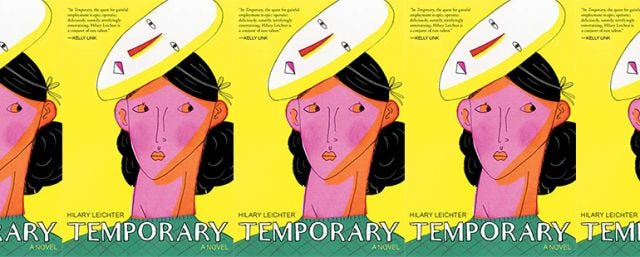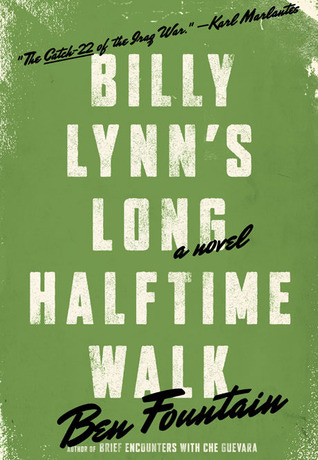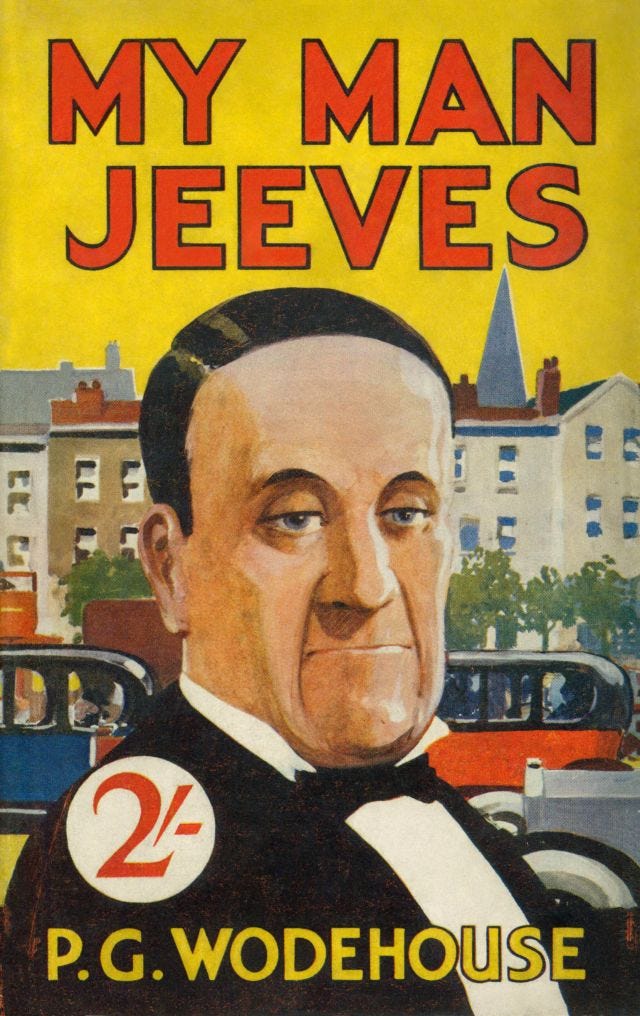Elizabeth Monthly! Part Deux
Elizabeth Monthly! Part Deux
Hey all you cool cats and kittens! In case you missed it here is a recording of my last reading. It's a chapter from Mona at Sea where Mona attends a job interview that goes horribly, horribly awry.
Things are holding pretty steady over here in writer-land. Like everyone else I've been watching a ton of movies. Recently I've seen Uncut Gems, Horse Girl, Becky, Frances Ha, and I rewatched Dr. Strangelove for the first time in 15 years (I don't love this film - someone who does, please enlighten me). Uncut Gems and Horse Girl I especially loved - they're both movies about people with obsessions they can't control. While Adam Sandler's character in Uncut Gems has a clear gambling problem, Alison Brie's character in Horse Girl has a more complicated issue - she believes she is a clone of her grandmother and that she has been abducted repeatedly by aliens. Both movies were not afraid to get weird, which I love, and both featured a Moog-synthesizer-heavy soundtrack, which I SUPER LOVE (Moogs figure heavily in the original Blade Runner and A Clockwork Orange, if you can remember what those films sounded like). I'm not a synth nerd, or even a keyboardist, and I have no better explanation for why I love the Moog sound other than, I just do, but Moog music always sounds like something coming from a better place, a more enlightened time. Maybe when I listen to it I feel like I'm getting a little glimpse of a brighter future, and for some reason that is very comforting to me right now.
I wrote stuff:

I had an essay come out recently on the Ploughshares blog: Contemplating Infinity. It's partly a review of Hilary Leichter's debut novel, Temporary (pictured above), but more about the difficulty I had translating my experience of long-term unemployment in 2009-2010 into something I could write about. Unemployment forms the backbone of Mona at Sea, but as I quickly learned writing the first few drafts, unemployment is not something that lends itself easily to a novel. Stuff has to happen in a novel, and unemployment is...a period of time where nothing happens. And unlike the neat arc of rising and falling action you usually find in novels, unemployment could conceivably go on forever. If you've ever read a book that deals realistically with unemployment, I'd love to hear about it!
I read stuff:

In addition to my constant quest for unemployment books, I'm also always in search of great Texas books. And someone on Twitter helpfully recommended, Billy Lynn's Long Halftime Walk. Billy Lynn is 19-years old and a member of Bravo Squad, a small group of Iraq War heroes home briefly to do a victory tour across the US after a brief but intense fight against insurgents is filmed and broadcast on Fox News. The entire book takes place at a Dallas Cowboys game on Thanksgiving Day, where Billy and the Bravos come face-to-face with red state hypocrisy, and where they learn how deep support for the war really runs. This book was hilarious and sad and unforgiving and all-around wonderful.
A word on Wodehouse:

I follow NYTimes book critic, Parul Sehgal, on Twitter, and in mid-March, slightly before shelter-in-place orders went into effect, she tweeted a picture of a big stack of books by P.G. Wodehouse. I'd heard the name, but I wasn't really aware of his work. The next day I got the email from my kids' school that they were closing indefinitely (along with everything else in California) and the day after that I went to the library in a panic to grab books for myself and for the kids, aware that the world was going to close down for a long time. And one of the books I grabbed was a collection of short stories by Wodehouse.
Wodehouse was a prolific British author from the first half of the 20th century, best known for his character, Jeeves, the dry and cunning butler to his more naive employer, Bertie Wooster. Wodehouse stories are funny and light, and center around the foibles of the turgid English upper class. And I'm not the only one reading Wodehouse under quarantine. He's been recommended recently by The New York Times, The New Yorker, and The Telegraph. Turns out a lot of us want to imagine ourselves in a life where the worst thing to happen is that we've let loose a snake in Lady Wickham's summer cottage.
Best enjoyed next to a crackling fire with a hot Scotch and lemon, they are of a droll flavor we don't much see in modern fiction. Maybe this is because American elites have gotten more than enough representation in literature. When I think of contemporary American humorists they are either silly and bizarre (Simon Rich), funny but sad (George Saunders, David Sedaris), or overtly political (Andy Borowitz, Fran Lebowitz). And yeah I realize I just named five New Yorker darlings but I honestly can't think of another place that publishes a lot of humor writing - please enlighten me. But I would love to see lighter American writing that is still biting and hilarious and timeless. A literary Knives Out, minus the murder.
And just one more thing...
I'm going to start a Thursday night video series of Bedtime Stories, basically me reading short stories in a soothing voice to hopefully help you fall asleep and get some measure of calm in this mad mad mad mad world. I'll start with stories in the public domain and maybe some of my own, but I'd love to read other stories as well. If any of you have any published short stories you'd like read as part of my Bedtime Stories series, please let me know.
Thanks for reading!
xoxo
Elizabeth Gonzalez James' stories and essays have appeared or are forthcoming in The Idaho Review, The Rumpus, Ploughshares Blog, and elsewhere, and have received numerous Pushcart Prize and Best of the Net nominations. Her first novel, MONA AT SEA, was a finalist in the 2019 SFWP Literary Awards judged by Carmen Maria Machado, and is forthcoming, July 2021, from Santa Fe Writers Project.


